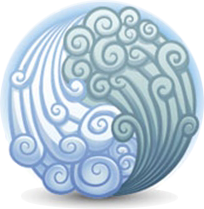"I believe staying connected and aware of our bodies in all their dimensions; physical, mental, spiritual and emotional is critical for health and happiness. When there is consistency and commitment towards the process of staying healthy the chance of living life to its fullest and transitioning peacefully, without suffering, is possible."
--Suheila Mouammar





